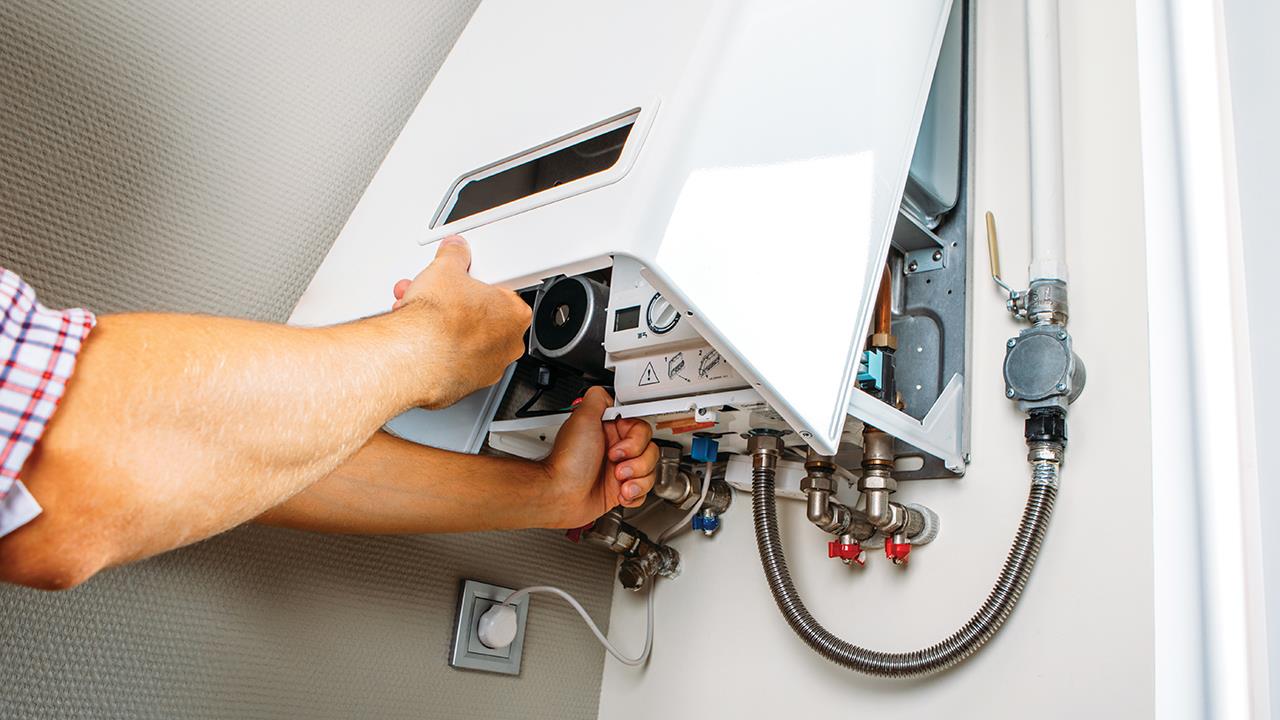

In the past year or two, the question of energy efficiency has been starkly brought to the forefront of many people’s minds. This, in turn, has led to an significant evolution of the installer’s role. As customers turn to them for advice on how to save energy or cut the cost of utilities, installers are taking on a more consultative position.
Improving efficiency
One of the most important efficiency recommendations installers can make to customers regards boiler and system servicing. These should happen once per year and, ideally, before winter sets in. This is intended to ensure that the boiler is working effectively and efficiently. However, boiler servicing also creates opportunities for installers to discuss efficiency with their customers more broadly.
Heating engineers can discuss their customers’ individual heating needs and recommend appropriate adjustments to boost efficiency. For example, a home may be lacking insulation, double glazing, or thermostatic radiator valves (TRVs). Installers can discuss the benefits these additions will have on home heating and the impact these upgrades could have on energy bills.
Understanding upgrades
Many homeowners may still be unsure about smart technology and are yet to be convinced of the benefit it can bring to home energy efficiency.
Smart controls can optimise a boiler and heating system, and make it much more simple for the customer to get the most out of their home heating.
In addition to smart controls, weather compensation – integrated into a smart control system or used independently – ensures that the boiler will produce sufficient heat in response to outdoor temperatures. This stops the boilers wasting energy by heating the house as if it is below zero, and, instead, allows it to adjust to the changing weather.
Best behaviour
Installers can also help their customers maximise efficiency by recommending changes to the way they use energy. It is important to make sure that customers understand that the temperature of the heating should not be determined by feeling how hot the radiator is, but rather by how warm the rooms are.
In light of this, it can be helpful to assist customers in creating ‘zones’ within their home, whether by simple steps, like keeping doors closed, or more complex ones, like integrating sophisticated controls with TRVs to the system.
This prevents the unnecessary heating of the entire house by making sure radiators are only heating the room where they sit to the appropriate temperature.
Consider condensing
If a homeowner’s boiler was installed before 2005, there is a good chance it will be non-condensing, so upgrading to a new, more efficient, condensing boiler can make a difference to energy bills and overall heating comfort. Installers should try to find out the boiler’s installation date so they can know whether an upgrade may be due or not.
Many homeowners won’t even be familiar with the difference between condensing and non-condensing boilers, so this is an area where installers can provide valuable consultation.
Similarly, most customers will be unaware of the impact that under or oversizing can have on their energy consumption, and how important correct sizing can be to energy efficiency.
An oversized boiler will use more energy than an appropriately sized boiler, as the water heats heat up it cannot leave the boiler quickly enough causing the boiler to cycle.
Informing customers of their options and educating them on the advantages of upgrading is therefore worthwhile, but heating installers need to be aware of the industry’s standards and work to uphold them.
L for lower emissions
The purpose of Building Regulations Part L is to maximise heating system efficiency and guarantee high standards of installation. A crucial element of this is ensuring that systems are correctly sized and capable of operating at flow temperatures of 55°C or lower. These requirements have reaffirmed the necessity to follow best practice, including completing heat loss calculations and ensuring installations meet user needs as well as Building Regulations.
It is worth remembering that Part L also calls for more rigorous monitoring of water quality. Installers should therefore offer to check the water, top up inhibitors, and confirm that a filter has been installed and is maintained along with the boiler. Homeowners need to know that a clean system is an efficient one, even though many will underestimate the connection between water quality and energy consumption.
Training for efficiency
As a result of the UK’s decarbonisation drive, the heating industry is going through some exciting changes. The role of heating installers is changing along with it; making it more important to stay up to date with the latest technologies, recommendations, and regulations. However, support is on hand from manufacturers, such as Baxi, that provide specialist training aimed at helping installers understand and increase system efficiency.
Installers who take advantage of the many training opportunities available will be better equipped to work in compliance with legal requirements and assist their customers in saving energy.
If you'd like to keep up-to-date with the latest developments in the heating and plumbing industry, why not subscribe to our weekly newsletters? Just click the button below and you can ensure all the latest industry news and new product information lands in your inbox every week.